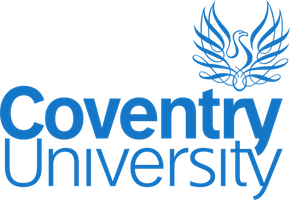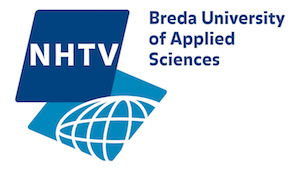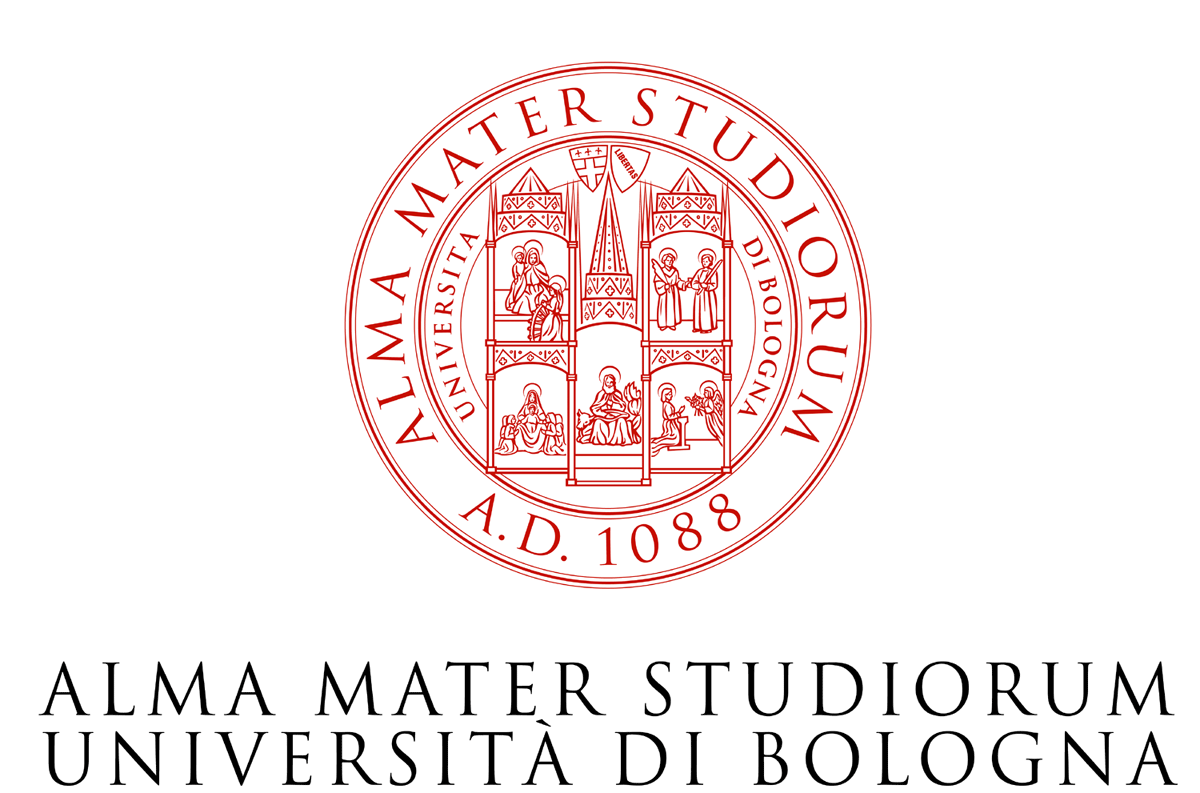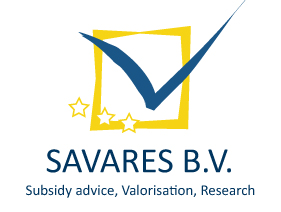Bacigalupo, M., Kampylis, P., Punie, Y., & Van den Brande, G. 2016. EntreComp: The Entrepreneurship Competence Framework. Luxembourg. http://doi.org/10.2791/593884
Behfar, K. J., Peterson, R. S., Mannix, E. A., & Trochim, W. M. 2008. The critical role of conflict resolution in teams: a close look at the links between conflict type, conflict management strategies, and team outcomes. 93(1), 170. Journal of Applied Psychology 93(1) 170–188.
Belbin, M. R. 1981. Management teams. Oxford: Elsevier Butterworth-Heinemann.
Bowdoin College. 2016. Definition and Behavioral Indicators of Adaptability. Retrieved September 28, 2016, from https://www.bowdoin.edu/hr/manager-toolkit/PA7-review-resources-competency-adaptability.shtml
Chell, E. 2013. Review of skill and the entrepreneurial process. International Journal of Entrepreneurial Behaviour & Research 19(1) 6–31. http://doi.org/10.1108/13552551311299233
Curtis, D. 2010. Defining, sssessing and measuring Generic Competences. University of South Australia.
Davies, M., Stankov, L., & Roberts, L. D. 1998. Emotional intelligence: in search of an elusive construct. Journal of Personality and Social Psychology 75(4) 989–1015.
De Bono, E. 1970. Lateral thinking: creativity step by step. New York: Harper & Row.
De Dreu, C., & Weingart, L. 2003. Task versus relationship conflict, team performance, and team member satisfaction. Journal of Applied Psychology 88 741–749.
Dweck, C. 1999. Self-Theories: Their Role in Motivation, Personality, and Development. Philadelphia: Psychology Press.
Dweck, C. 2006. Mindset: The new psychology of success. Random House.
EACEA/Eurydice. 2012. Developing key competences at school in Europe: Challenges and opportunites for policy. Brussels. Retrieved from http://eacea.ec.europa.eu/education/eurydice/documents/thematic_reports/145en.pdf
Florés, H. 2006. Managerial work in small firms: summarising what we know and sketching a research agenda. International Journal of Entrepreneurial Behaviour and Research 12(5) 272–288.
Gibb, S. 2014. Soft skills assessment: Theory development and the research agenda. International Journal of Lifelong Education 33(4) 455–471.
Harvard University. 2014. Competency dictionary.
Hood, J., & Young, J. 1993. Entrepreneurship’s requisite areas of development: a survey of top executives in entrepreneurial firms. Journal of Business Venturing 8(2) 115–135.
Horney, K. 1939. New ways in psychoanalysis. Routledge.
International Bureau of Education. 2016. A conceptual framework for competencies assessment.
Ketchagias, K. 2011. Teaching and assessing soft skills. Thessaloniki.
Kirk, B. A., Schutte, N. S., & Hine, D. W. 2008. Development and preliminary validation of an emotional self-efficacy scale. Personality and Individual Differences 45 432–436.
Komarkova, I., Gagliardi, D., Conrads, J., & Collado, A. 2015. Entrepreneurship competence: An overview of existing concepts, policies and initiatives. Brussels.
Kyndt, E., & Baert, H. 2015. Entrepreneurial competencies: Assessment and predictive value for entrepreneurship. Journal of Vocational Behavior 90(January 2016) 13–25. http://doi.org/10.1016/j.jvb.2015.07.002
LePine, J. A., Colquitt, J. A., & Erez, A. 2000. Adaptability to changing task contexts: Effects of general cognitive ability, conscientiousness, and openness to experience. Personnel Psychology 53(3) 563–593.
Mitchelmore, S., & Rowley, J. 2010. Entrepreneurial competencies: a literature review and development agenda. International Journal of Entrepreneurial Behavior & Research 16(2) 92–111. http://doi.org/10.1108/13552551011026995
Moberg, K., Vestergaard, L., Fayolle, A., Redford, D., Cooney, T., Singer, S., … Filip, D. 2014. How to assess and evaluate the influence of entrepreneurship education: A report of the ASTEE project with a user guide to the tools. Retrieved from http://archive.ja-ye.org/Download/jaye/ASTEE_REPORT.pdf
Mohr, J., & Spekman, R. 1994. Characteristics of partnership success: partnership attributes, communication behavior, and conflict resolution techniques. Strategic Management Journal 15(2) 135–152.
Morris, M. H., Webb, J. W., Fu, J., & Singhal, S. 2013. A competency-based perspective on entrepreneurship education: Conceptual and empirical insights. Journal of Small Business Management 51(3) 352–369. http://doi.org/10.1111/jsbm.12023
Mueller, S. L., & Thomas, A. S. 2001. Culture and entrepreneurial potential: A nine country study of locus of control and innovativeness. Journal of Business Venturing 16(1) 51–75. http://doi.org/10.1016/S0883-9026(99)00039-7
OECD. 2012. Transferable skills training for researchers: Supporting career development and research.
Packer, M. J., & Goicoechea, J. 2000. Sociocultural and constructivist theories of learning: Ontology not just epistemology. Educational Psychologist 35(4) 227–242.
Pellegrino, J. W., Chudowsky, N., & Glaser, R. 2011. Knowing what students know: The science and design of educational assessment. National Academies Press.
Rogers, E. S., Chamberlin, J., Ellison, M. L., & Crean, T. 1997. A consumer-constructed scale to measure empowerment among users of mental health services. Psychiatric Services 48(8) 1042–1047. http://doi.org/10.1176/ps.48.8.1042
Rubin, R. B., & Martin, M. M. 1994. Development of a measure of interpersonal communication competence. Communication Research Reports 11(1) 33–44.
Schutte, N. S., Malouff, J. M., Hall, L. E., Haggerty, D. J., Cooper, J. T., Golden, C. J., & Dornheim, L. 1998. Development and validation of a measure of emotional intelligence. Personality and Individual Differences 25 167–177.
Segers, M., Dochy, F., & Cascallar, E. 2003. Optimising new modes of assessment: In search of qualities and standards. Dordrecht: Kluwer Academic Publishers.
West, M. A. 2002. Sparkling fountains or stagnant ponds: An integrative model of creativity and innovation implementation in work groups. Applied Psychology 51(3) 355–387.
Wiggins, G. 1998. Educative assessment: Designing assessments to inform and improve student performance ((1st ed. )). Jossey-Bass.
Wujec, T. 2010. The marshmallow challenge. Retrieved September 28, 2016, from http://marshmallowchallenge.com/Instructions_files/TED2010_Tom_Wujec_Marshmallow_Challenge_Web_Version.pdf









